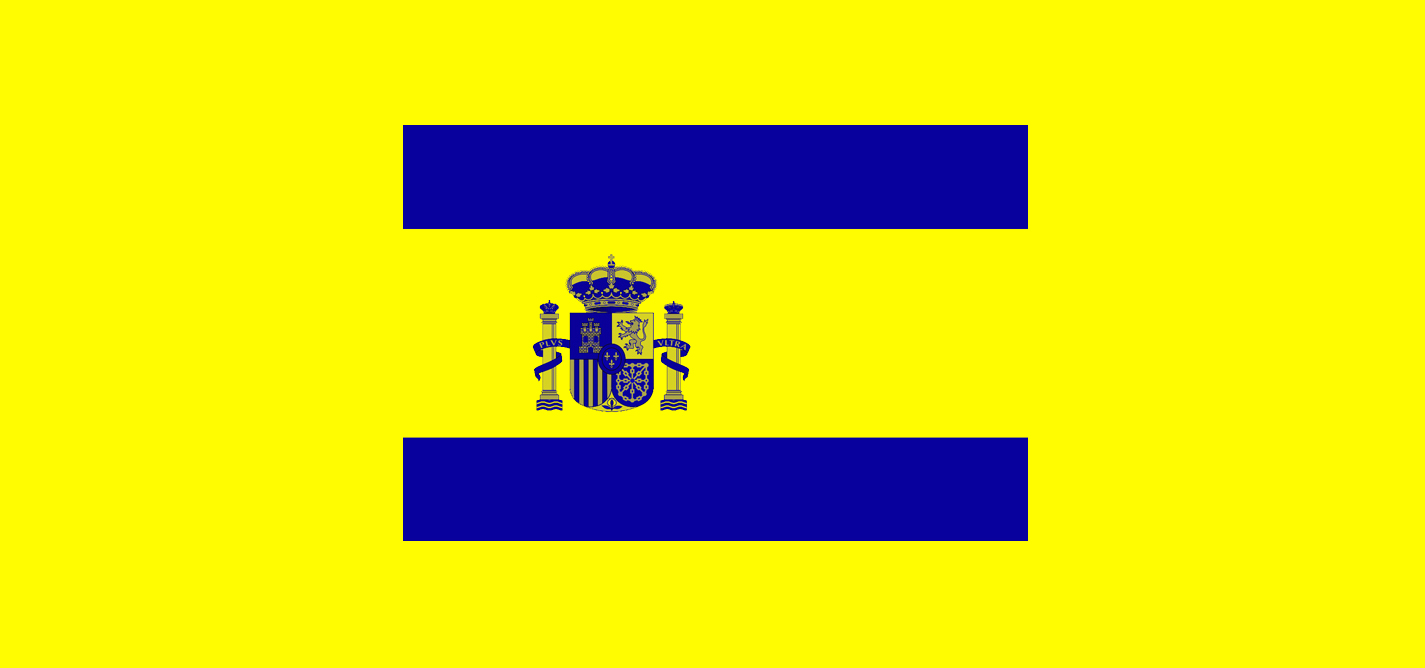
Recognition denied: Spain
Five-part series on the non-recognizing EU states.
Towards independence (1)
Towards independence (2)
“Eight years since Kosovo became independent, the Catalan question has become even worse. That’s why Spain does not want to say anything about Kosovo’s independence.”
Guillermo Altares.Towards independence (3)
Struggle for recognitions

Eraldin Fazliu
Eraldin Fazliu is a former journalist at Kosovo 2.0. Eraldin completed his Master’s on ‘European Politics’ at the Masaryk University in the Czech Republic in 2014. Through his studies Eraldin became interested in the EU’s external policies, particularly in promotion of the rule of law externally. He is a passionate reader of politics and modern history.
This story was originally written in English.